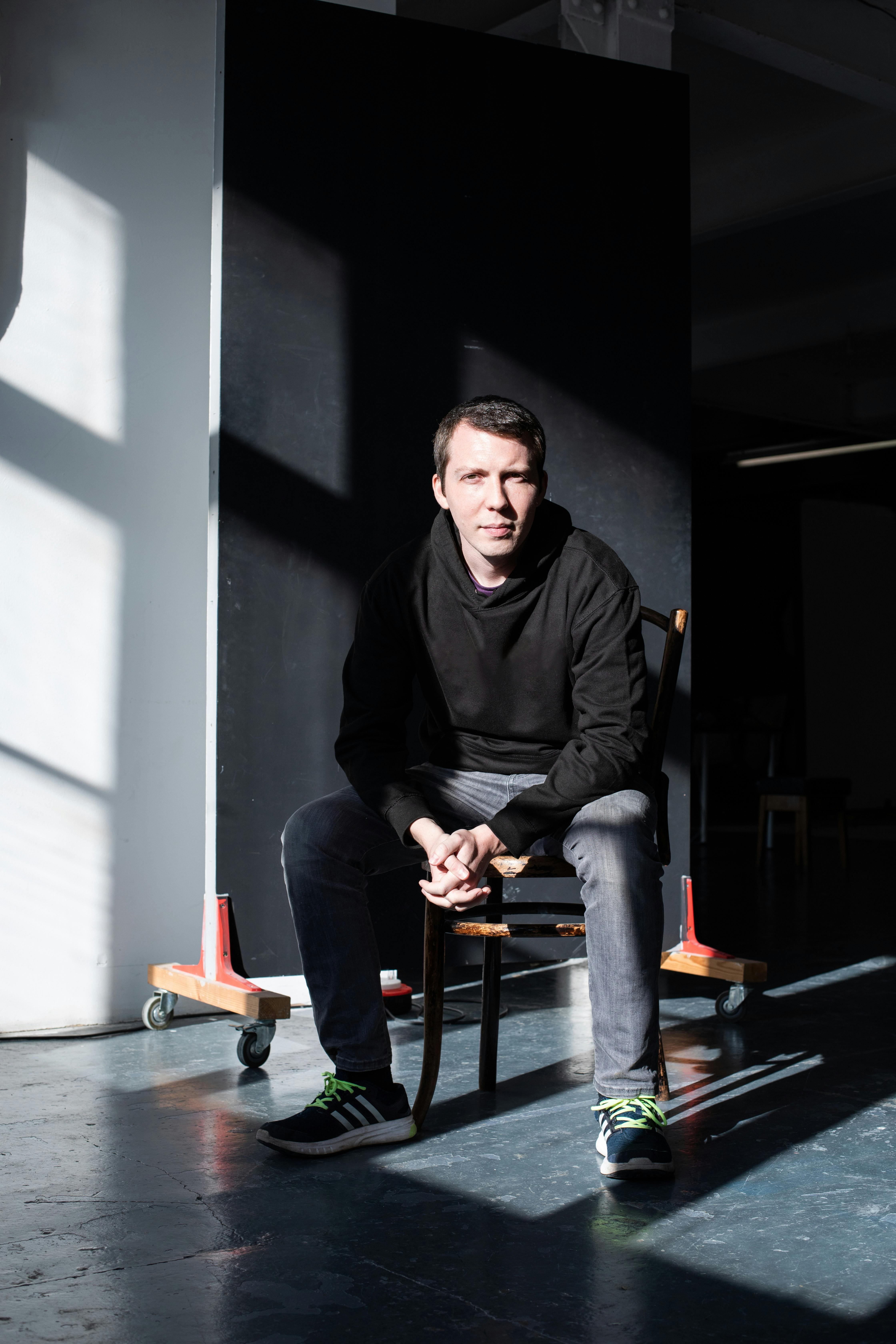Wubbleyou 12 years on
Wubbleyou was founded on the 5th of March 2010. 12 years on, we chatted to Mark Renney the Managing Director, about how the landscape for Software Development has changed, and his learnings with scaling businesses.
What did Wubbleyou look like 12 years ago?
Wubbleyou was 2 people, my business partner Mike and I (whom I bought out in 2020). We started the business during a gap year at Northumbria Uni in 2009 and incorporated in 2010, during the ‘great recession’. We were given lots of support by the Northumbria uni incubator (which still exists today under Graham Baty!), including office space.
We did small bits of software development, but focused more on website design. This was around the time ‘mobile friendly’ websites were becoming a thing, which presented opportunity for us.
From a business perspective, literally everything was new to us and we were pretty naïve, but we were confident in our abilities!
How are things different now?
Much has changed. In 2017 we decided to scale the business and as part of that we pivoted away from website design into pure software development as this was where we added the most value. This seemed scary at the time as web design still made up around 50% of our revenue and our plan was to axe this revenue stream within 6 months, but it remains one of the best decisions made in the business.
We’re now 10 people and focussing on custom software development and technical consultancy, partnering with scaling businesses (our clients) to empower their business objectives and solve their challenges with technology.
We also have a team who are the business, and it’s also our job to empower the people in that team to reach their own objectives in their career (and sometimes life).
What's been the most exciting project that you have worked on?
Flaky answer but I genuinely enjoy them all – all our clients have ambitious missions and strong visions, supporting them is exciting.
If I had to pick, it would be the work we do with the Department for Education on the National Apprenticeship Awards – we built and maintain complex software to manage the process, and the DfE orchestrate many stakeholders in a frankly awe-inspiring way to make it work every year.
A favourite would be a phone app we built for the University of Southampton as part of a study to track the movement and behaviours for 1000s of freelancers across the UK. During internal testing our team had this on our phones to test efficacy, and the morning after a team night out I submitted a bug report as it was showing we were at a pub for 30m that I could not remember – the team swiftly corrected me as turns out we were there and that I even bought a round: the app was right 🤷.
What has been your biggest challenge and have you overcome it?
Not in a bad way, but I’m always acutely aware of the amount I’ve personally had to change and adapt throughout the growth of a business. Like many others, I started the business because I was good at something (software development), but it is a completely different skillset running a scaling software development business. The development skills are super useful, but layering on top of that finance, people, operations, sales etc was not expected at the outset.
Self-awareness around my own limitations, what I can learn and what I must find better people to do, has helped. Lots of reading and trying to turn ‘I don’t know what I don’t know’ into ‘I know what I don’t know’ helps too. I’m always learning.
The business itself faces new challenges every day, as we’re solving complex technological problems with our clients and at the same time facing our own as we scale. But we have frankly, a class team of people and we do our best to empower each other to successfully solve these challenges.
Where would you like to see Wubbleyou in 5 years' time?
I want Wubbleyou to be a significant value contributor to the north-east, through the ROI we deliver for scaling businesses, the knowledge we give back and the people we empower. Pragmatically, we’re executing a plan to scale to 25 people to increase the scale at which we deliver our value.

